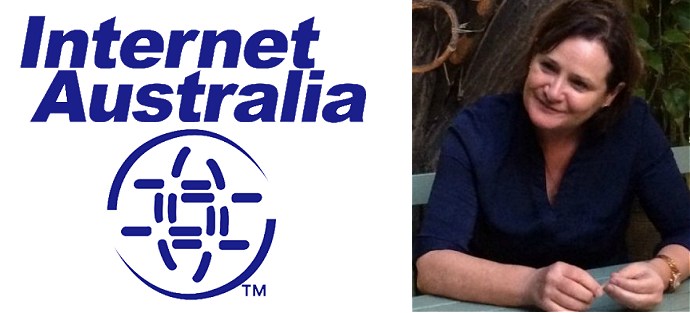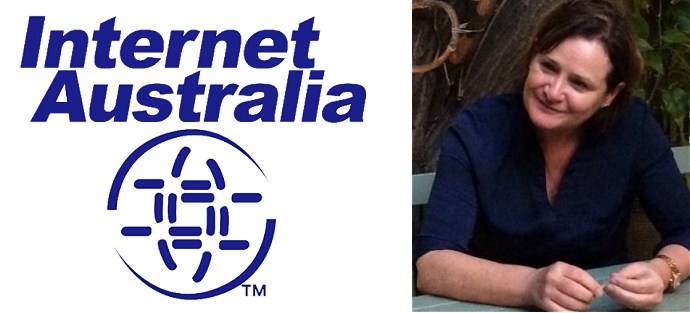Internet Australia (IA), the non-profit body representing Internet users in Australia, announced the appointment of Anne Hurley as chair last week.
Ms. Hurley takes the place of George Fong, who has assumed the role of honorary secretary.
 Image: Internet Australia | Anne Hurley Via LinkedIn
Image: Internet Australia | Anne Hurley Via LinkedIn
Ms. Hurley has a long and distinguished career in telecommunications; having chalked up more than 20 years in the sector. She started out as a lawyer with a special focus on competition law and telecommunications policy and regulation, and was also a CEO of telco industry body Communications Alliance.
Ms Hurley has also been involved with the Australian Telecommunications Users Group, the Australian Services Roundtable and the Internet Industry Association.
Ms. Hurley originally joined IA out of concerns a broadband network capable of fulfilling the long term needs of Australians wasn't being built.
“I joined IA specifically because I was so disappointed with the NBN currently being rolled out despite its obvious fundamental technical inferiority," Ms. Hurley said.
" Like George, I firmly believe that IA is the right organisation to take up the challenge of convincing our politicians that we need to abandon the use of ageing copper wires and revert to building a future-proofed NBN based on fibre”.
In April last year, Internet Australia Chief Executive Laurie Patton warned the National Broadband Network was already out of date.
"How can we become a leading player in a digitally enabled global world if we don’t build a 21st century broadband network?," Mr. Patton said.
Internet Australia has repeatedly called on Prime Minister Turnbull to abandon the rollout of copper wire based Fibre To The Node (FTTN technology).
More recently, it has also called for a new parliamentary inquiry into the Data Retention Act, which it says could be used in civil court cases.
In related news, it was recently reported that seven years after the construction of the NBN commenced, it could be half-completed by June this year; leaving only three years to connect the rest of the country.
Even given the recent acceleration of rollout of the NBN, Australia seems to be continuing slipping behind in broadband speed. Akamai's most recent State of the Internet Report indicated Australia was in 50th place in global rankings; with an average connection speed of 9.6 megabits per second.
Meanwhile, the thirst for bandwidth in Australia is rapidly increasing. Between the June 2015 and June 2016 quarters, the amount of data downloaded shot up by 52 per cent.



